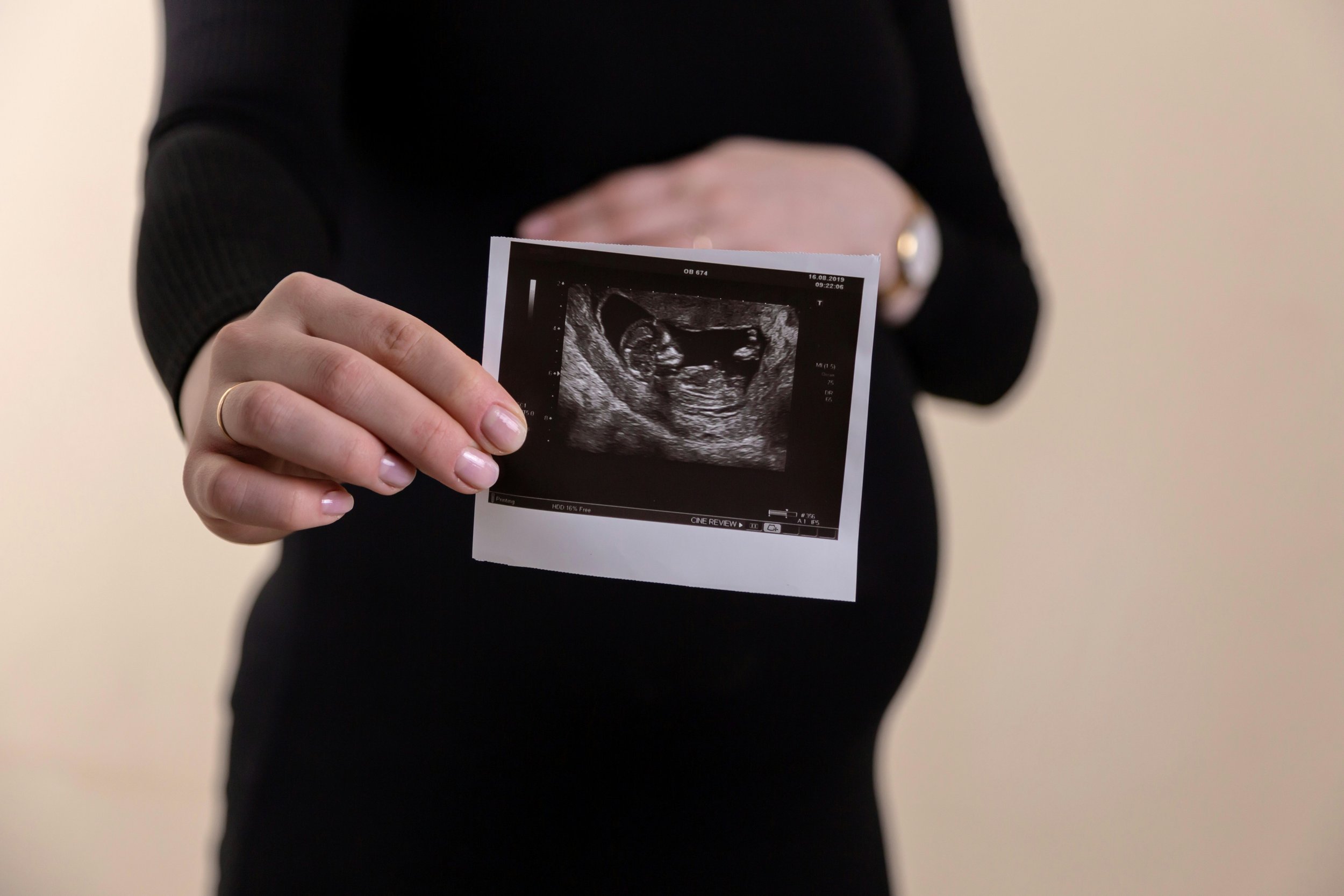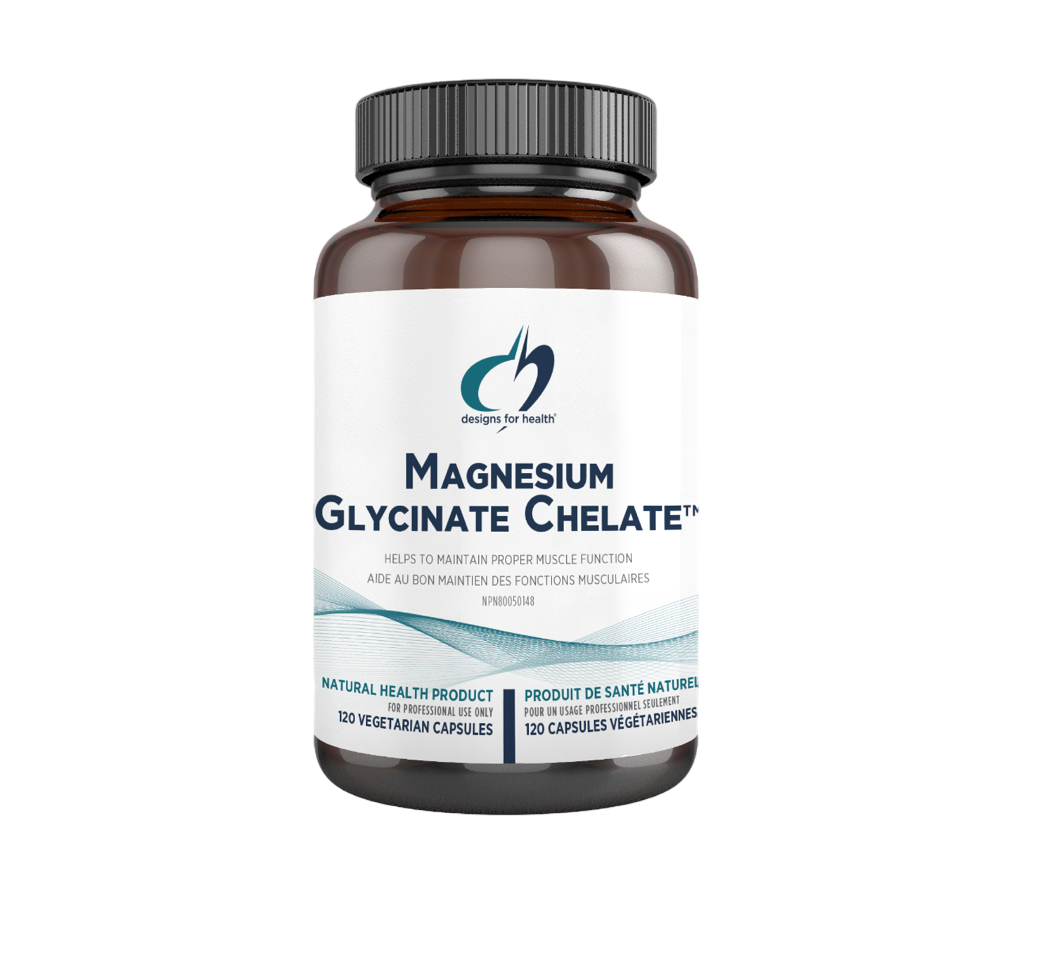The #1 Cause Of PCOS
PCOS is a complex metabolic condition primarily involving the endocrine system. It is the most common endocrine problem for women of reproductive age and has been shown to affect up to 10-20%, or over 5 million women in the US. Unfortunately, it commonly goes undiagnosed and can take many years to properly diagnose, leaving many women for years without answers for painful periods, unexplained weight gain, hair loss and fertility issues. Today, we’ll explore some common symptoms of PCOS as well as underlying factors for why it develops and it affects your hormones.
Common Symptoms of PCOS:
Irregular, painful and heavy cycles
Weight gain or difficulty losing weight
Hair loss
Hair growth on chin, chest or abdomen
Anxiety or depression
Skin tags
Infertility
Sugar cravings and/or binge eating
Sleep issues
High blood sugar
Cystic acne
Polycystic ovaries may or may not be present
There are many related conditions also, including:
Hypothyroidism
Sleep apnea
Autoimmunity
Diabetes
Heart disease
Fatty liver disease
Obesity
Cancer
What Causes PCOS?
There are numerous underlying causes of PCOS, including:
Insulin resistance
Inflammation
Poor diet high in sugars
Elevated cortisol and stress levels
Toxin exposure
Poor sleep
Digestive issues and imbalances
Synthetic hormones, such as birth control pills
“How Are My Hormones Involved In PCOS?”
There are multiple hormones involved in PCOS, with insulin and testosterone being the most well-known, as well as DHEA and estrogen. Here are some hormonal changes that can occur in PCOS:
Insulin Resistance
Insulin resistance is the #1 root cause for PCOS. Insulin is a hormone that aids the delivery of blood sugar into our cells to be used for energy. When too much insulin is released, often due to high sugar intake, our cells can develop resistance to insulin, which is problematic. Insulin triggers the ovaries to secrete androgens like testosterone, while also stopping the production of a hormone in the liver called sex-hormone-binding globulin (SHBG), which is necessary for the removal of excess sex hormones like testosterone and estrogen. This leads to increased circulating testosterone, resulting in frustrating symptoms like weight gain, hirsutism, cystic acne, hair loss & anovulation.
Elevated DHEA
DHEA is produced in the adrenal glands, ovaries and brain and is a key player in PCOS and overall hormone balance. It’s commonly associated with high testosterone levels. Addressing adrenal function and chronic stress is an important component when healing from PCOS.
Elevated Androgens
As mentioned above, elevated androgens like testosterone can lead to excess male-pattern hair growth, such as on the chin, chest and abdomen, also known as hirsutism. As well as hair loss on the head, weight gain and cystic acne. Insulin resistance, a high sugar diet and stress are big drivers of elevated testosterone in women.
Estrogen Dominance
Estrogen dominance is very common for many reasons, some of which include: estrogen-mimicking chemicals found in our water, plastics and personal care products, excess sugar and carbohydrate intake, alcohol use and an unhealthy lifestyle. Estrogen also increases due to insulin resistance, liver congestion and lack of SHBG, which is necessary to help clear excess estrogen and testosterone.
Cortisol
Cortisol is the body’s main stress hormone and triggers the body’s fight-or-flight response. How does this relate to PCOS? When cortisol increases, so does your blood sugar levels, which overtime leads to the development of insulin resistance. Additionally, high cortisol inhibits the body’s ability to regulate and heal, driving chronic disease and imbalance, including PCOS.
Ready to finally get answers for PCOS? Let’s run the right tests so you can get to the bottom of these frustrating symptoms! Contact us today!
Asher Kleiber
Registered Holistic Nutritionist
Sources:
https://www.sciencedirect.com/science/article/abs/pii/S0960076014001174?viaihub
Hormone Intelligence By Dr. Aviva Romm, MD
https://drbrighten.com/pcos-how-to-lower-dhea-levels-naturally/





